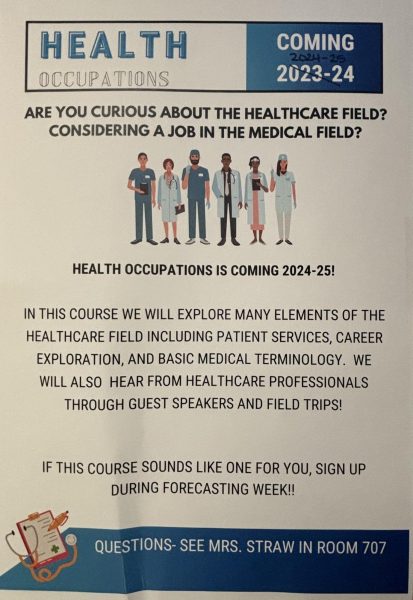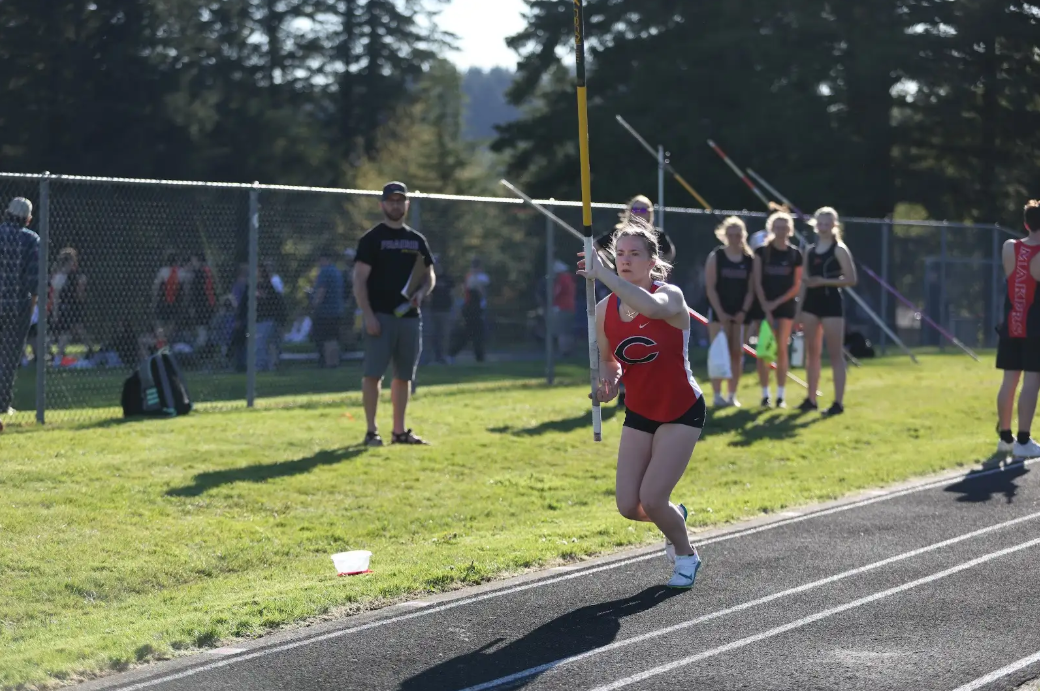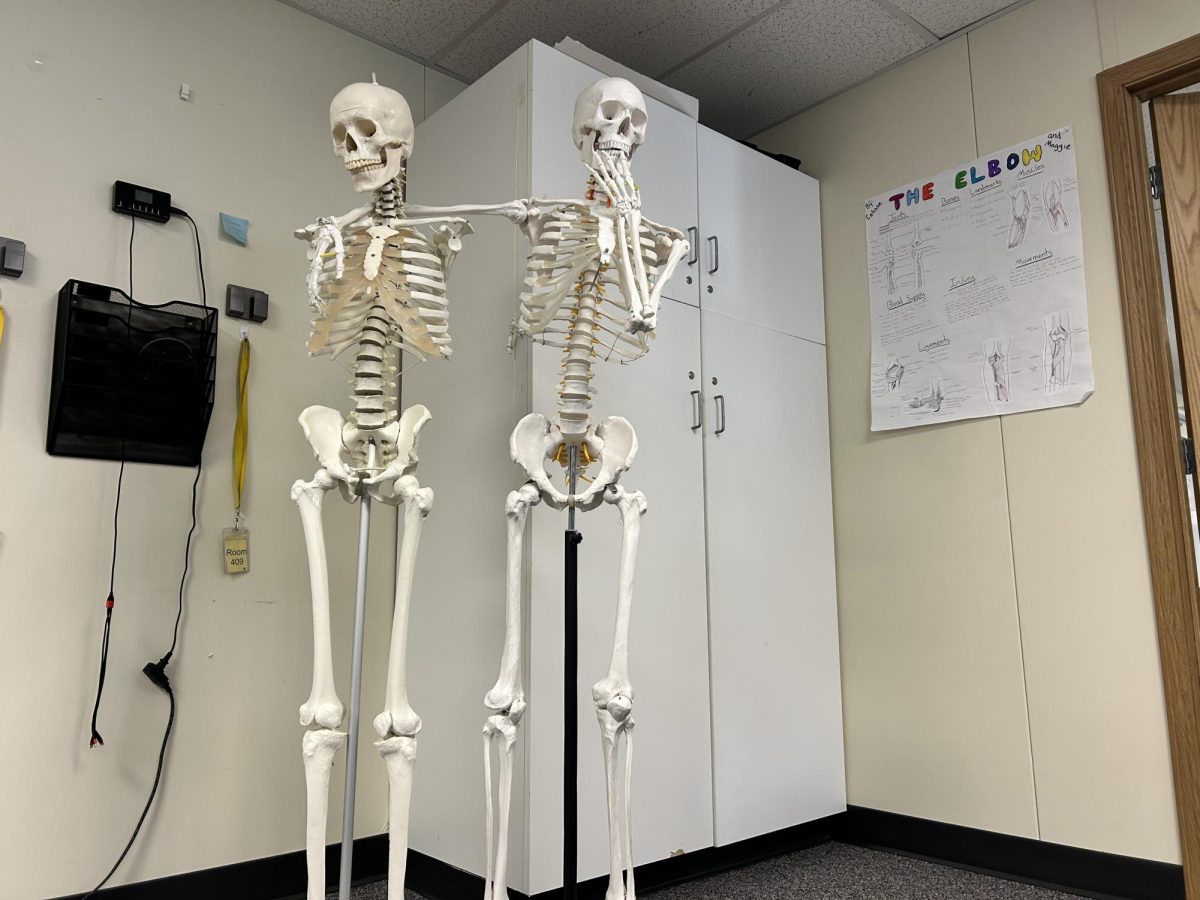Health Occupation is new this year to the Camas High School (CHS) course catalog. The class takes only a semester’s worth of time. In that time, Health Occupation aims to provide students with a basic understanding of medical terminology, patient care and to help students discover which healthcare career is best suited for them.

More specifically, the course is expected to cover disease prevention, Health Insurance Portability and Accountability Act laws and the most generally applicable fundamentals of healthcare, as explained by CHS teacher Kristine Straw who will teach Health Occupation.
“I am hoping that I can help students build connections with community members to help them get internships and job shadowing opportunities later on in life,” Straw said.
“I know I want to be a part of the healthcare field; however, I am not certain what specific job I would want to do,” CHS junior Maya Dietrich said. “I am taking this course because I know there will be a lot of guest speakers, and I am hoping that hearing about their jobs and experiences can help me figure out what I want to do.”
In addition to guest speakers, multiple field trips will be offered. The goal is to offer students the opportunity to experience different aspects of the healthcare field.
“I really love helping people, and I want to be involved in the healthcare field,” CHS junior Zoe Webster said. “I know this course will teach that which is why I want to take it.”

Students like Webster who want to be involved in the healthcare field can take the course to learn about some of the responsibilities that will be part of their job in the healthcare field.
While some were concerned that this program would be a high school version of the Cascadia Technical Academy (CTA) applied medical science program, they have significant differences. The CTA program focuses more on the premed side of medical school, whereas the course at CHS will focus on general information anyone in the healthcare field would know.
In the Cascadia program, students practice the medical skills they learn as opposed to the program at CHS, where students are not performing these practical skills in a lab, but rather learn the legal aspects of the healthcare field.
Additional information is available from Straw in room 707.




































